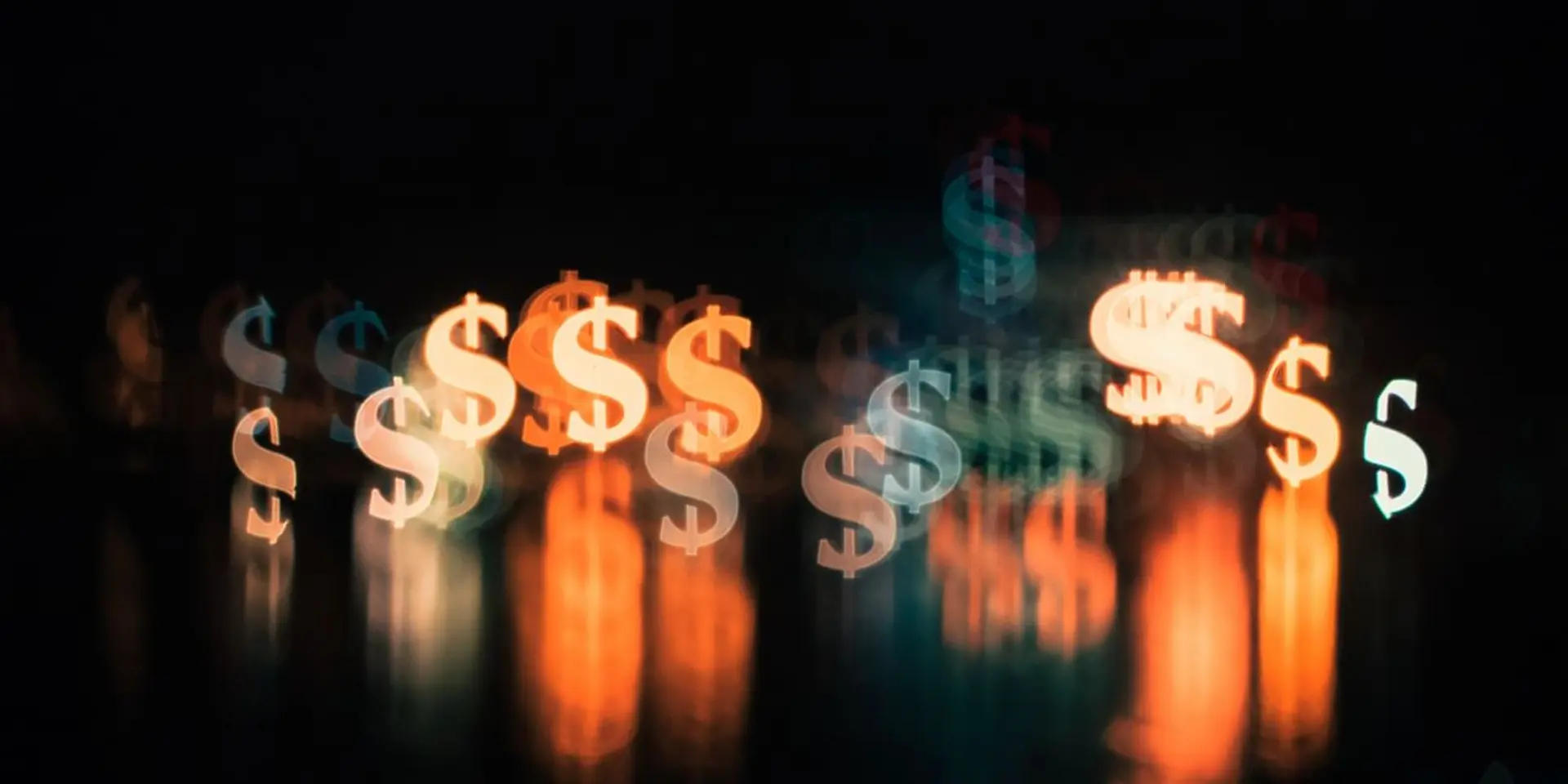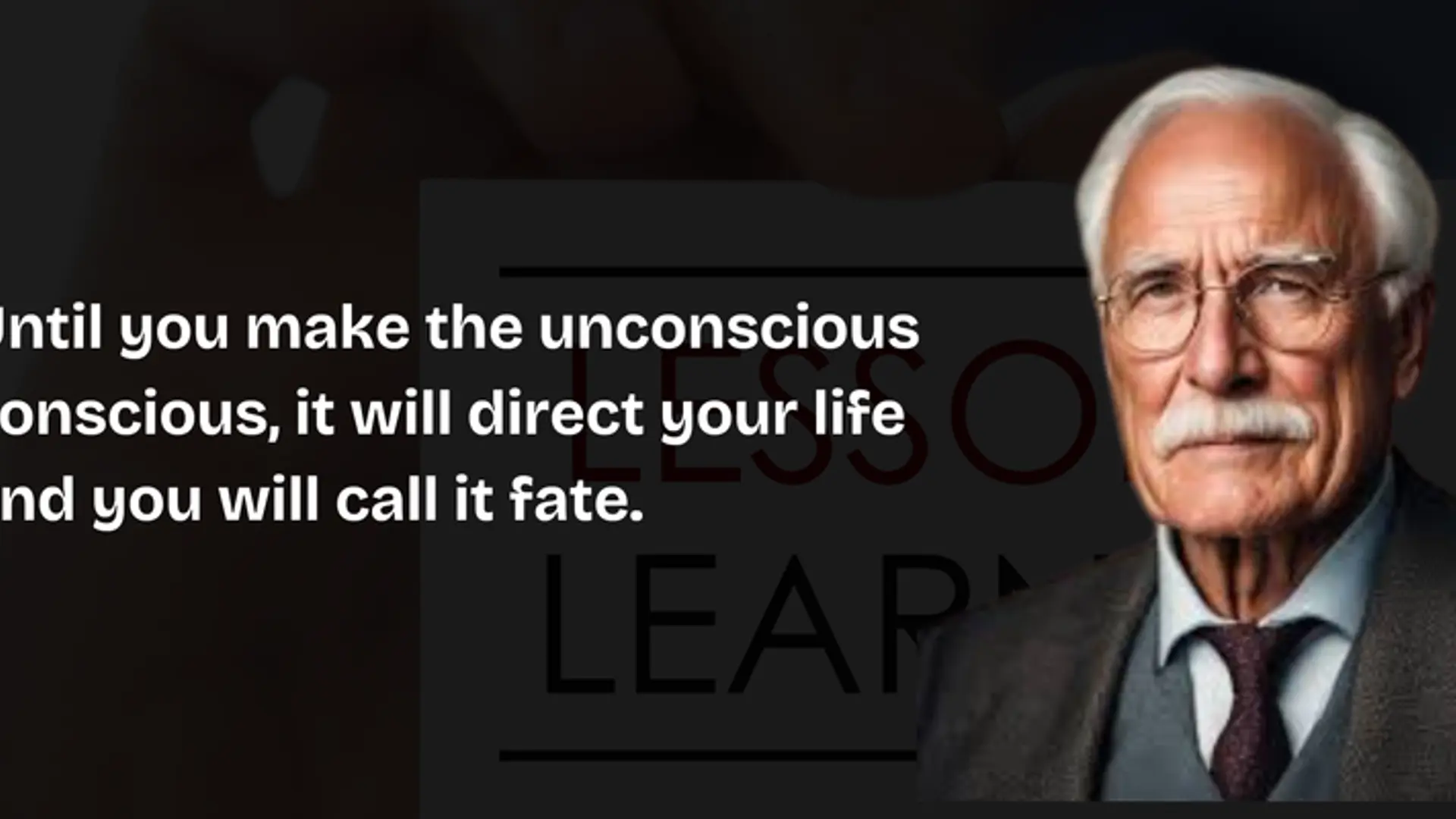When vanity metrics meet casino capitalism, payout dreams turn to dust
As shocking as the FTX cyclone may sound, this is not a new phenomenon, it is cyclic. It has taken 14 long years for this bull to run in the reverse direction.
Top investors are writing apologetic letters to their limited partners stating that either they don’t have too much exposure to crypto debacle or that they did due diligence for over eight months but they could not do anything if they were lied to.
Those are euphemisms, or a distraction at best from the main issue. Investment is the field of high leverage where you ship decisions. You go bankrupt or make it like bandits by the quality of your decision-making.
Where there are decisions, there are biases. Founders also play the game of high-leverage decision-making but they stumble due to certain kinds of biases like attribution bias, loss aversion, and sunk cost fallacy.
Investors fall prey to very different sets of biases. The most lethal of them all is groupthink bias. This was the central culprit of the crytpo debacle. This manifests not just in crypto but in every domain. However, in crypto it unraveled at a furious pace.
Tren Griffin, a seasoned investor who has invested for over 30 years once said that investments are a Keynesian beauty contest.
“VC investment may be likened to those newspaper competitions in which the competitors have to pick out the six prettiest faces from a hundred photographs, the prize being awarded to the competitor whose choice most nearly corresponds to the average preferences of the competitors as a whole, not those faces which he himself finds prettiest, but those which he thinks likeliest to match the fancy of the other competitors, all of whom are looking at the problem from the same point of view. “
Gambling investment decisions on the sheer strength of peer preference is a definite way to sink. Beating the market will require independent thinking and carefully finding the outlier, the next unicorn.
But despite this, why do smart investors keep making the same mistake? The answer lies in the way the game of startup investing plays out. In the universe of investing, missing out on the next generational company is considered far worse than making the wrong pick. False negative is way worse than false positive.
VCs get fooled by vanity metrics and fake proof (social). The ideology of “if the other ten believed in it, surely it must be right,” is the harbinger of doom.
As shocking as the FTX cyclone may sound, this is not a new phenomenon, it is cyclic. It has taken 14 long years for this bull to run in the reverse direction.
What this means is that all tourist VCs will leave and then only those who have spent decades understanding the business will weather this and flourish.
Fred Wilson, GOAT venture investor, put this most eloquently almost a decade ago. “To founders, we recommend building testimonials and social proof to solve the trust gap, however when it comes to investors, the best thing to look for is anti-social proof”.
Zoom in on the startup no one has invested in. Do your own thinking, don’t outsource it.
While it sounds very simple, this is a hard mountain to climb.
As humans we are social creatures with a deep longing for validation and affinity. We will see this pattern of blowing up again and again.
(Disclaimer: The views and opinions expressed in this article are those of the author and do not necessarily reflect the views of YourStory.)







